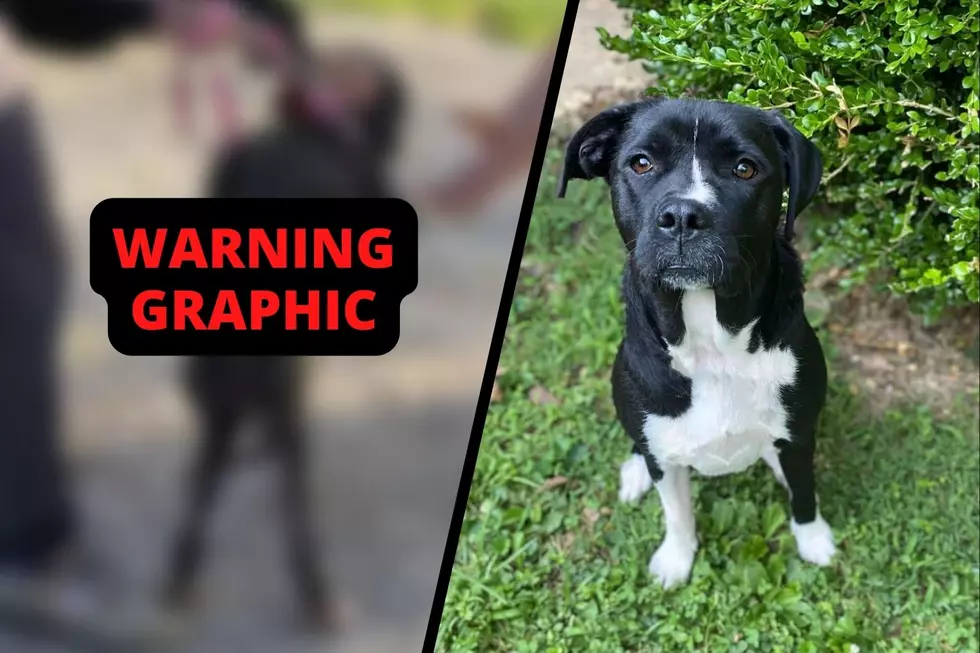
Evansville Vet Office Warns of Sugar Substitute That Can Be Poisonous For Dogs to Ingest
If you're giving your dogs peanut butter or other treats that may be sweet, you'll want to keep an eye out for this ingredient.

Check Your Ingredient Labels
I've heard before that some peanut butter can contain an artificial sweetener called xylitol, and that if your peanut butter has this ingredient it's best to not give it to your dog. However, I recently learned that xylitol has another name it's going by.
According to a post from Stone Ridge Animal Care LLC on Facebook, xylitol can also go by the name "birch sugar" and if you see this ingredient in foods, you want to avoid giving them to your dog. Stone Ridge Animal Care LLC had this to say about the ingredient on Facebook:
Attention Pet Owners
Xylitol is now being marketed as BIRCH SUGAR.
This ingredient is highly toxic to dogs if ingested. It can cause seizures, liver failure, gastrointestinal hemorrhage, and even death.
Xylitol is frequently found in peanut butter, ice cream, and chewing gum.
Xylitol is something I've known about for a while, and something I've managed to keep an eye out for when giving my dogs peanut butter. I didn't know that it can be marketed as "birch sugar" so that's definitely something to keep a watch for as well.
Why is Xylitol dangerous to dogs and not humans?
I was wondering this same thing, but thankfully the FDA has some great info on xylitol AKA birch sugar.
In both people and dogs, the level of blood sugar is controlled by the release of insulin from the pancreas. In people, xylitol does not stimulate the release of insulin from the pancreas. However, it’s different in canines: When dogs eat something containing xylitol, the xylitol is more quickly absorbed into the bloodstream, and may result in a potent release of insulin from the pancreas.
The FDA recommends calling your vet immediately or calling an emergency vet clinic if you know your dog has ingested xylitol.
Some other common foods that contain xylitol listed by the FDA include:
- breath mints
- baked goods
- cough syrup
- children’s and adult chewable vitamins
- mouthwash
- toothpaste
- some peanut and nut butters
- over-the-counter medicines
- dietary supplements
- sugar-free desserts, including "skinny" ice cream
Keep an eye on your ingredient labels. For more information on xylitol and dogs you can check out the FDA's page on it, here.
LOOK: Here Are 30 Foods That Are Poisonous to Dogs
More From WDKS-FM
![Sign on Kentucky County Road Has Drivers A Bit Freaked Out & Curious [PHOTO]](http://townsquare.media/site/76/files/2022/07/attachment-Untitled-design-2022-07-20T101204.790.jpg?w=980&q=75)





![Indiana Cat with Adorable Beauty Mark Will Steal Your Heart [VIDEO]](http://townsquare.media/site/71/files/2022/07/attachment-candy-corn-2.jpg?w=980&q=75)


